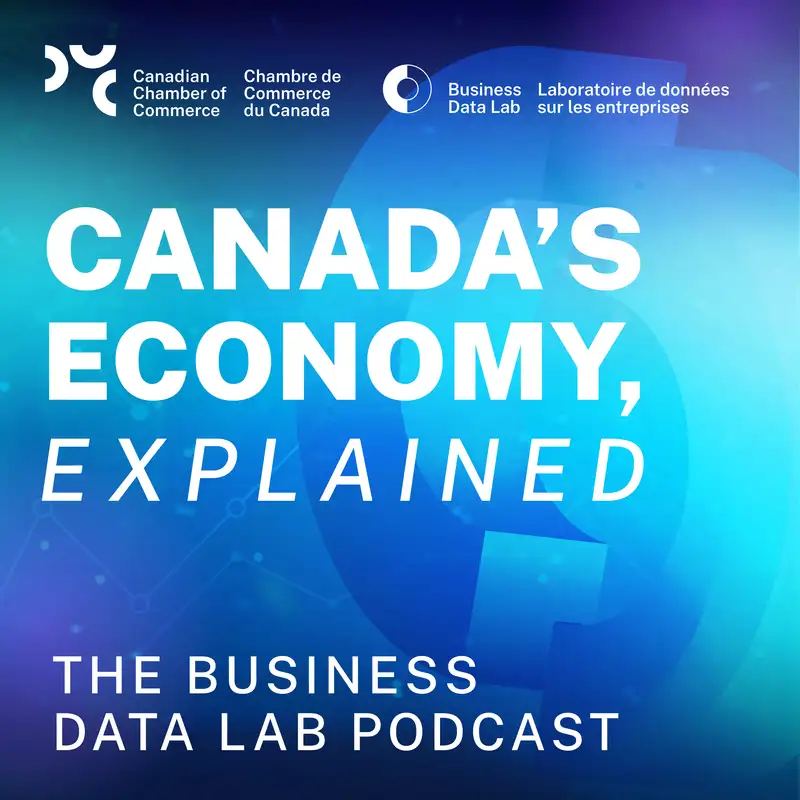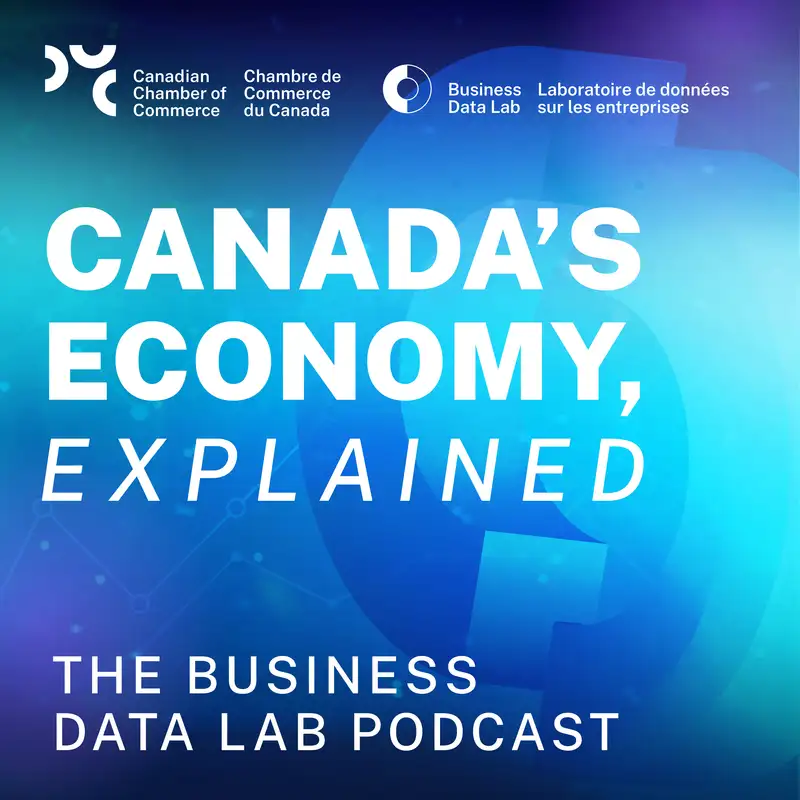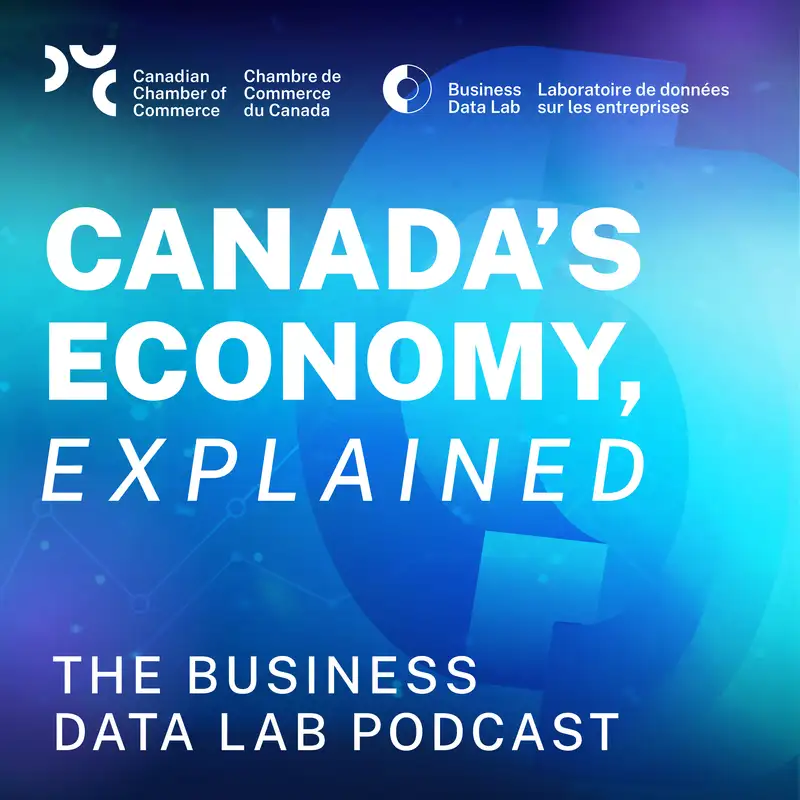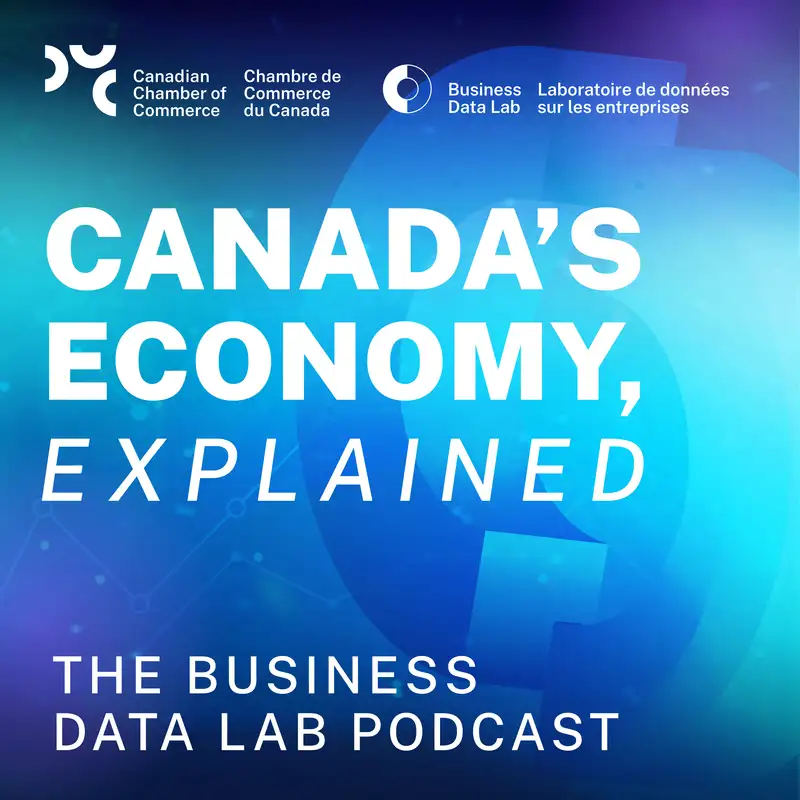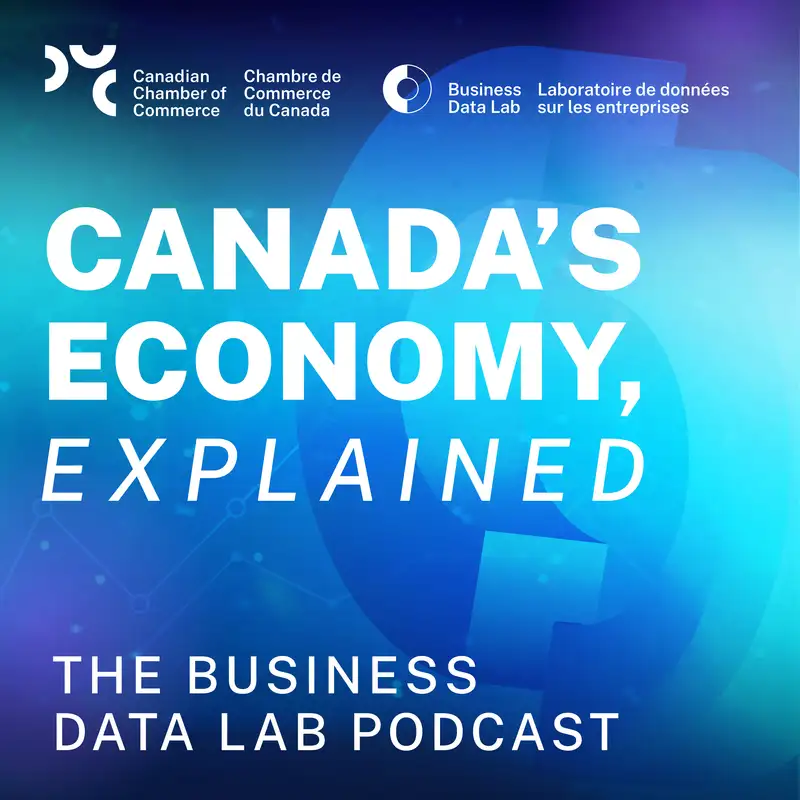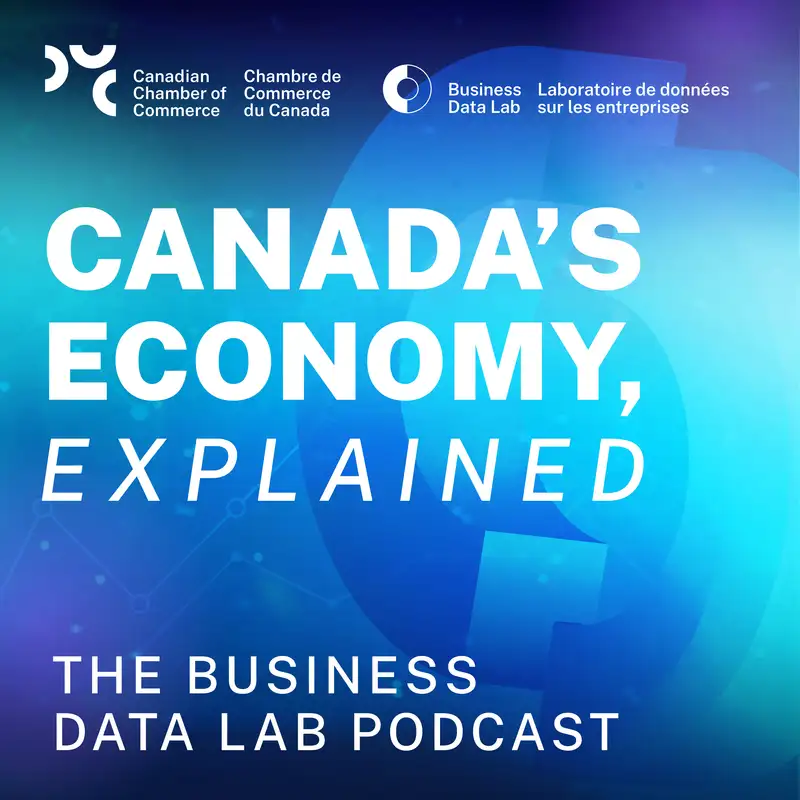Welcome to the podcast page for Canada's Economy, Explained: The Business Data Lab Podcast.
At the BDL, our mission is simple: empower businesses with the insights they need to succeed. your go-to source for real-time data and expert analysis on Canada’s economic landscape.
Bookmark this page and be sure to follow the podcast to stay up to date with the latest episodes.
All Episodes
At the BDL, our mission is simple: empower businesses with the insights they need to succeed. your go-to source for real-time data and expert analysis on Canada’s economic landscape.
Bookmark this page and be sure to follow the podcast to stay up to date with the latest episodes.
